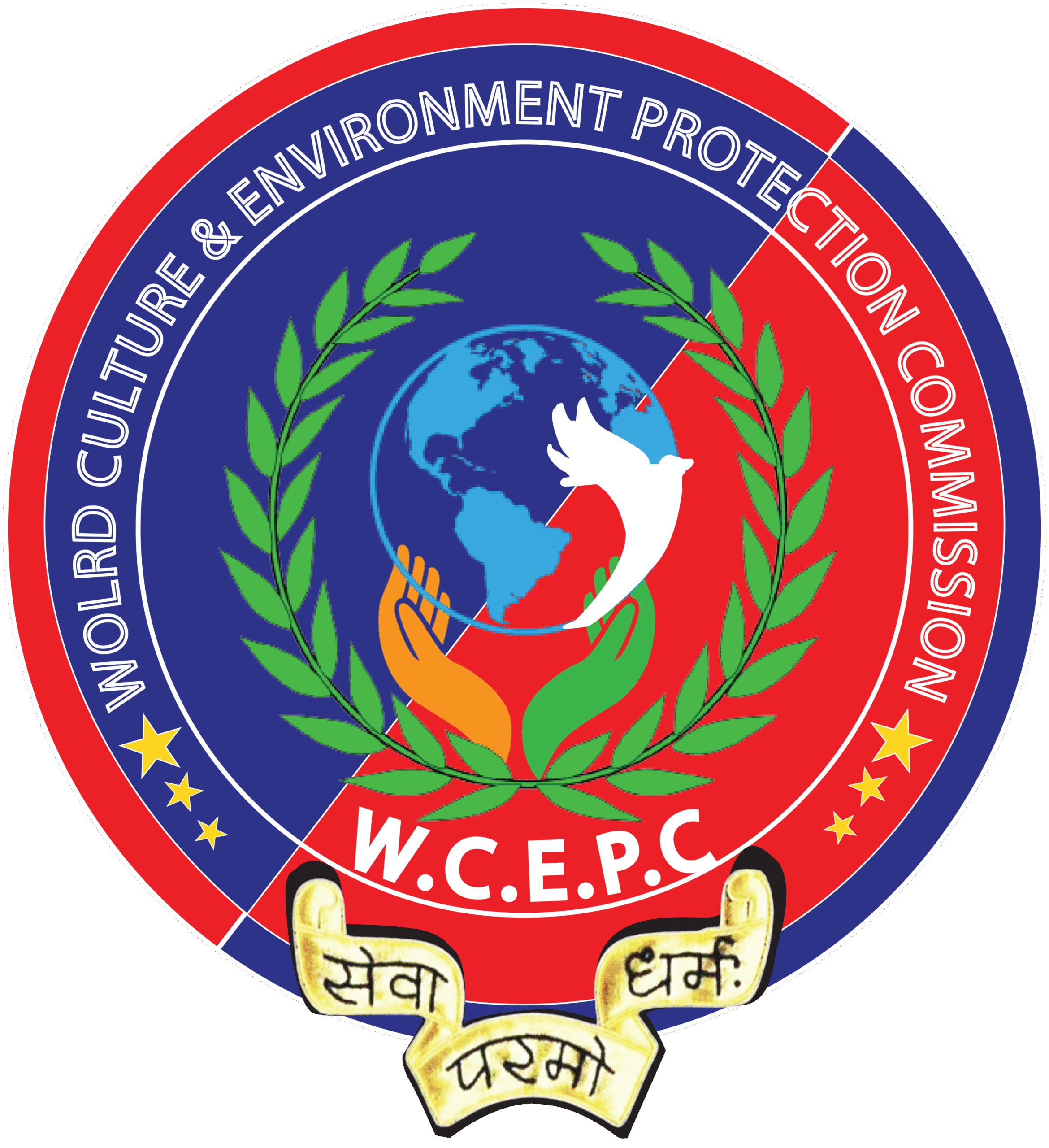National Human Rights
NHRC looks over the rights that are related to life, dignity, liberty and equality of the individual that is defined in Section 2(1) of the PHR Act. They are guaranteed by the Constitution of India, embodied in the international covenants and are enforceable by the courts of India as well.
- Human Rights are an indispensable part of society and Human Rights in India are watched by NHRC.
- NHRC acts as a watchdog of human rights in the country.
- NHRC looks over the rights that are related to life, dignity, liberty and equality of the individual that is defined in Section 2(1) of the PHR Act.
- They are guaranteed by the Constitution of India, embodied in the international covenants and are enforceable by the courts of India as well.
- NHRC was established in compliance with the Paris Principles of Human Rights, 1991 which were adopted for the promotion and protection of Human Rights and were endorsed by the United Nations at its General Assembly of 1993.
NHRC History
- In 1948, the UN adopted the UDHR (Universal Declaration of Human Rights).
- In 1991, the Paris Principles were established by the National Human Rights Institutions (NHRIs).
- In 1993, the UN adopted these Paris Principles at its General Assembly.
- In 1993, India enacted the Protection of Human Rights Act.
- This led to the formation of the National Human Rights Commission (NHRC).
- The Protection of Human Rights Act also allowed state governments to establish the State Human Rights Commission.
NHRC Composition – Members of NHRC
- The National Human Rights Commission (NHRC) is composed of a Chairperson and eight other members.
- Those eight members are:
- Four full-time members.
- Four deemed members.
Appointment of NHRC Members
- A Selection Committee will recommend the candidates to the President.
- The Selection Committee includes:
- Prime Minister (Chairman)
- Speaker of Lok Sabha
- Union Home Minister
- Deputy Chairman of Rajya Sabha
- Leaders of the Opposition in both Houses of the parliament
Functions & Powers of NHRC
The functions of the National Human Rights Commission (NHRC) as stated in Section 12 of the Protection of Human Rights Act,1993 includes enquiry into complaints of violation of human rights or negligence in the prevention of such violation by a public servant. The Commission also studies treaties and international instruments on human rights and makes recommendations for their effective implementation to the Government.
• NHRC can investigate any complaints related to violations of Human Rights in India either suo-moto or after receiving a petition.
• NHRC can interfere in any judicial process that involves any allegation of violation of Human Rights.
• It can visit any prison/institute under the control of the state governments to observe the living conditions of inmates. It can further make recommendations based on its observations to the authorities.
• NHRC can review the provisions of the Constitution that safeguard Human Rights and can suggest necessary restorative measures.
• Research in the field of Human Rights is also promoted by the NHRC.
• Human Rights awareness and literacy through different media are promoted by NHRC in various sectors of society.
• NHRC has the power to recommend suitable steps that can prevent violation of Human Rights in India to both Central as well as State Governments.
• The President of India gets an annual report from NHRC which is laid before both the Houses of the Parliament.
Limitations of NHRC
• The Recommendations made by the NHRC are not binding.
• Violation of Human rights by private parties cannot be considered under NHRC Jurisdiction.
• NHRC doesn’t have the power to penalise the authorities that don’t implement its recommended orders.
• 3 of the NHRC members are judges which give the functioning of the Commission a judicial touch.
• The other members that are recommended by the Selection Committee may not necessarily be Human Rights experts.
• The NHRC does not consider the following cases:
• Cases that are older than one year.
• Cases that are anonymous, pseudonymous or vague.
• Frivolous cases.
• Cases pertaining to service matters.
• The NHRC has limited jurisdiction over cases related to armed forces.
• The NHRC faces other issues like excess cases/complaints, insufficient funds, bureaucratic functioning style, etc.

World Culture and Environment Protection Commission is an inter government organization. We are here to protect the culture and environment with the help of magical human being.


